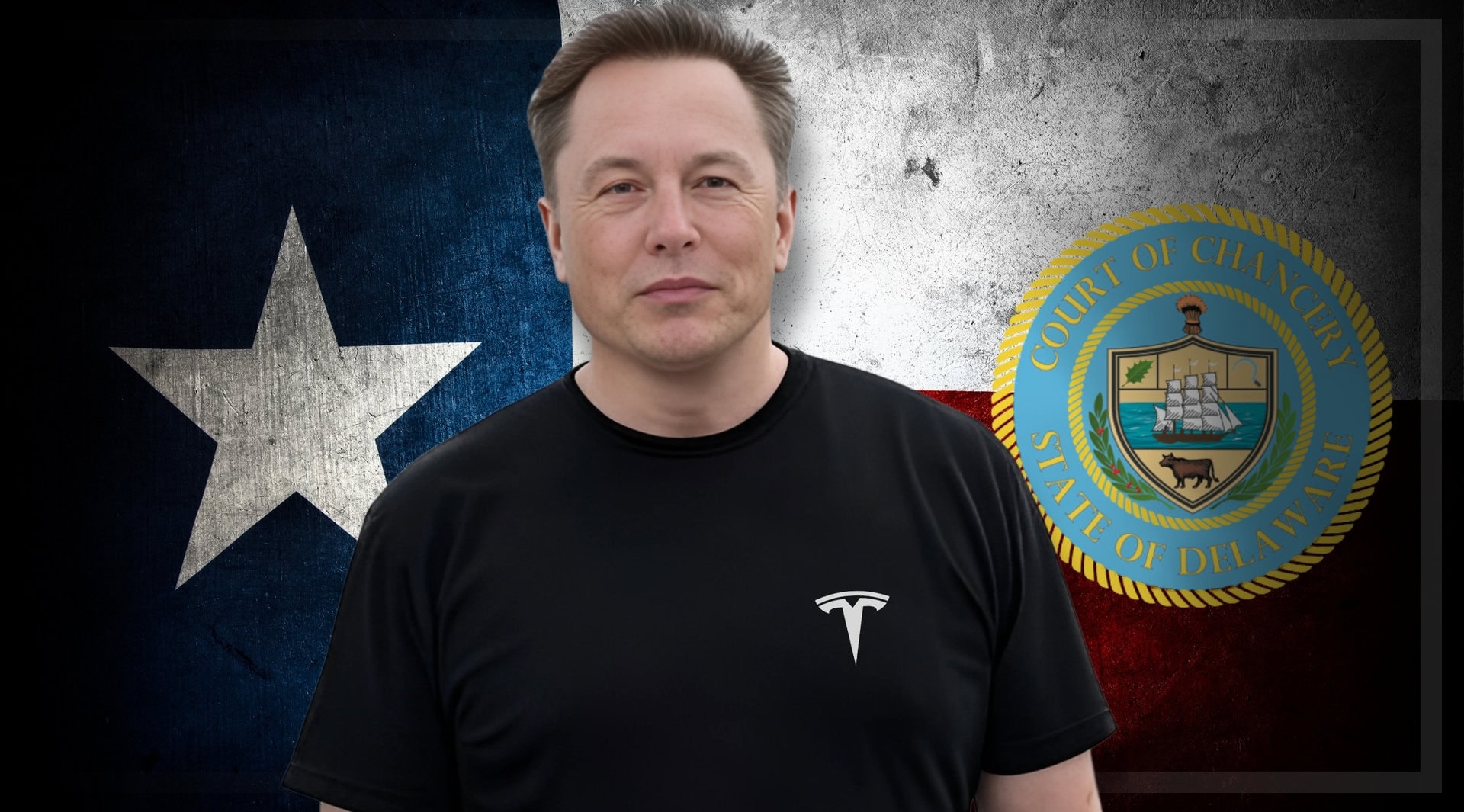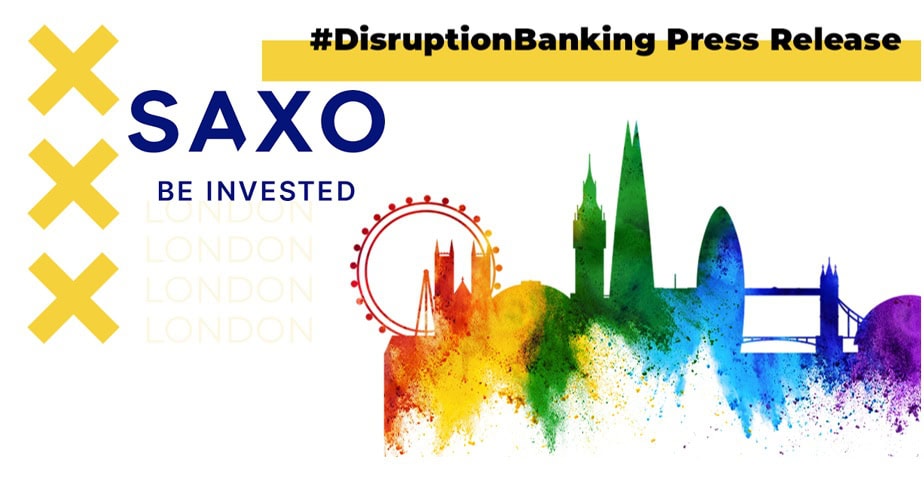In 2023, climate change, ethics, and social responsibility continue to be popular topics. However, some firms are still not applying ESG standards. Shell is an example of how corporate tactics can be used to lower the need to uphold ESG standards. And what the consequences of doing that can look like.
In a recent groundbreaking lawsuit against Shell, the stage is set for change. One of the reasons for change is because people are taking more interest in their pension schemes. Individual investors have learnt that they can use their pensions to push companies towards creating a sustainability agenda.
Unpacking Shell’s lucrative tax strategies: Avoiding higher tax and ESG responsibility
With its record global profit of nearly £26 billion in 2022, questions about why Shell paid almost no tax in the UK continue to be raised. Through a sophisticated corporate strategy, Shell’s British entity seems to have minimized their profits from the last quarter of 2022. A drop in profites that could also be linked to the firm’s spending on drilling in the North Sea.
Importantly, all profit was recorded by Shell in the Netherlands. But, since the company has moved its headquarters to London, the Dutch dividend withholding tax no longer applies. This cycle of juggling tax jurisdictions has allowed Shell to escape higher taxes in both the UK and the Netherlands.
Oil giant Shell made a £32 BILLION profit last year but paid just 0.02% of it in tax in the UK.
— Greenpeace UK (@GreenpeaceUK) April 4, 2023
It's about time our government STOPPED letting big oil off the hook and STARTED making them pay up for the climate chaos they're driving in communities across the world.
Shell’s finance head Sinead Gorman told the Guardian, ‘we simply are investing more heavily than we have, and therefore we don’t have profits which can be taxed against.’
The war in Ukraine has greatly affected the oil and energy sector, which Shell is a leader in.
Relying on Russia’s gas supply has now proved impossible due to Russia’s invasion and the myriad of international sanctions imposed in response. Shell and other big oil companies have seen a rapid incline in their profits since the war, which has caused oil and gas prices to soar.
The Labour shadow minister for climate change, Ed Miliband, had called for a strengthening of the windfall tax. He called Shell’s highest ever profit, ‘further proof that we need a proper windfall tax to make the energy companies pay their fair share.’
"How is it possible these companies are making these enormous profits?"
— BBC Politics (@BBCPolitics) October 27, 2022
Shell has not paid UK windfall tax – shadow climate secretary Ed Miliband says Rishi Sunak introduced "a massive loop hole" in the windfall tax which gave firms "massive tax breaks"https://t.co/fR5PFEmPR7 pic.twitter.com/gCgI9LFuLg
In light of its historically high profits, Shell announced that it would increase its payment to shareholders. However, in light of the importance of ESG standards it would appear that Shell is not taking its responsibilities seriously. That profits are still more important than a sustainable future.
ESG is a set of standards for companies to follow to make sure that they meet their environmental, social and governance commitments. It also helps socially conscious investors to better understand whether a company is taking its sustainability targets seriously.
However, Shell has found ways to avoid paying the windfall tax. Instead of spending the money on ways to improve its oil drilling, it has decided to pay more to its shareholders.
Even in the light of recent political events and the rising sound of climate change alarms ringing. Leaders of industries, and multi billion businesses, still care more about their profit than they care for their, and our, future.
There has been a large public response to what Shell has done. As an example, the Annual General Meeting for Shell in 2022 was abruptly ‘paused’ as climate change activists stormed the event in London. Amongst the banners held out by protestors, many had the slogan ‘Shell must fall’ written on them. The protestors didn’t stop at just that, they used drums and megaphones to disturb the AGM too. One of the reasons for the protests was the lack of alignment with the Paris agreement on Shell’s part. The agreement which has set long-term goals to achieve.
Climate protesters disrupt #ShellAGM They told the oil and gas company’s board: “We will expose you. We know who you are. We know what you have done. We will remember.”
— XR Worthing (@XRWorthing) May 24, 2022
Shell pauses London AGM as protesters chant ‘We will stop you’ #ShellMustFall https://t.co/Pk4eE712Ia
Shell’s disproportionate carbon footprint: Why the company’s net zero goal is still in process
Shell disclosed emissions of CO2 for 2020 of 1,377 million tonnes, which is 100 000 times more than an average British citizen produces in a year. Two years ago Shell introduced a net zero carbon goal to be achieved within 30 years. As Shell saw its peak oil production back in 2019, it estimated that it will fall in the next few years.
Shell has stated that it does strive for zero carbon emission by 2050, but it has failed to align its capital investments with the Paris Agreement goal to limit global temperature rise to 1.5 degrees above pre-industrial levels.
Shell's climate pledges are grossly insufficient and do not align with the Paris Agreement. Shell has made no commitment to reduce its Scope 3 emissions by 2030 and is appealing a court ruling that would require the company to do so. #ShellMustFallhttps://t.co/gltqHZJ7VH https://t.co/XR5WzXGLzx
— Sky Rebellion (@SRebllion) May 24, 2022
As part of its environmental efforts, Shell has decided to plant more trees and restore natural habitats. Despite those environmental efforts, the overall energy policy is to grow fossil gas operations until they make half of Shell’s business by 2030.
Shell does not meet all the Climate Action 100+ Net Zero Company Benchmarks, including the short-term and medium-term greenhouse gasses reduction targets. These targets outline the plans for the next few years.
But it’s not only greenhouse gases and oil production that Shell has to reduce. It causes further harm through petrochemicals, which it supplies almost 17 million tonnes of per year.
They knew the implications and they still proceeded to threaten humankind and planet. #PollutersMustPay #FossilFuelTreaty https://t.co/Vg0jxZAOLk
— Climate Action Network International (CAN) (@CANIntl) April 6, 2023
ESG back on stage: Pallas Partners Files Groundbreaking Lawsuit Against Shell Over Climate Change Risks
Is ESG just a buzz word to help with a company’s image?
In the lawsuit against Shell, there may be light in the tunnel for ESG to regain its importance.
Early this year Pallas Partners filed a suit against the directors of Shell on behalf of a shareholder, an environmental charity, ClientEarth. The firm is pursuing the action pro bono. One of the main points raised in the suit is that the board failed to manage risks concerning climate change and failed to comply with the Dutch court’s orders to cut down its emissions. The court has ordered the company to reduce emissions by 45% by 2030. Especially as a report published by Follow This suggests that Shell’s emissions will only continue to grow.
The claim was quickly recognised as the first of its kind against all 13 individual, executive and non-executive company directors. The issue at hand is Shell’s alleged failure to adopt an adequate energy transition strategy that would align with the Paris Agreement. The accusations have been denied by Shell, represented by legal firm Slaughter and May.
@ClientEarth has filed the #lawsuit against the 11 @Shell directors at the high court in England. It is the first case in the world seeking to hold corporate #directors #liable for failing to properly prepare their company for the #netzero transition.https://t.co/ZfWRd9ij5W
— Onna Malou van den Broek (@onnamalou) February 10, 2023
Roger Cox, a climate litigator who has led the Dutch case against Shell, described shareholders holding the company accountable for its environmental actions as a ‘paradigm shift’.
None of the claims can, however, move forward without the Chancery Division’s (High Court) permission.
The senior lawyer for the charity, Paul Benson, has said that Shell’s transition strategy is ‘fundamentally flawed’ and that the board has a legal duty to manage risks associated with climate change.
As ClientEarth’s press release states, the company has a small share in Shell. However the action is supported by institutional investors with over 12 million shares. UK pension funds are also amongst the investors supporting the claim.
Shell has appealed, defending itself and argued that the claim that it ignored the Dutch court’s order is misleading. Shell’s spokesperson said that the company’s directors have complied with their legal duties and have been acting in the company’s best interest, as they are legally obliged. According to Shell’s spokesperson, shareholders seem to be in line with the company’s disputed transition policy, with 80% in favour of those measures at the last AGM. The company is referring to its 2050 net zero goals.
The suit serves as an important reminder to company directors. With the public spotlight on the case, there is hope that a much needed shift in the way ESG is treated will happen. Investors want to make sure that the companies that they put their money into are free of media scandals, and can handle their governance without allegations of breaking company and environmental law.
Empowering Change: Using Your Pension Fund to Drive ESG Impact and Create a Sustainable Future
Green your pension: how you can help the environment https://t.co/FmjqExnVl9
— The Guardian (@guardian) October 4, 2022
There are also other ways in which each of us can make an impact, forcing non-ESG compliant companies to change their ways.
Pension funds in the UK have large assets under management, from investors across the world. When looking at investments, you’d want them to align with your values, which for lots of young people, means going green.
Among younger generations such as Millennials and Gen Zs who are now expanding on and entering the market, being environmentally friendly is a top priority. ‘Green’ choices are something that young people incorporate into not only their personal lives, but their careers as well.
If you want to care for the environment while your money works for you, choosing the right pension plan is the first step. There are a number of pension plans which invest into green energy. To make an environmentally positive impact, you shouldn’t exclude companies which contribute negatively to the climate crisis. e.g by producing greenhouse gases or drilling oil and here’s why.
If more people, who are environmentally conscious, invest in the oil giants, they can create much pressure on those companies to change their ways. As Romi Savova, chief executive of the pensions consolidator firm PensionBee explains: ‘your asset manager or pension provider takes an active role in engaging with those companies to encourage them ro reform, over time, and put themselves on a more sustainable trajectory for the future.’
If a majority of shareholders all push the company to do better on its environmental commitments, the collective pressure will create the threat of disinvestment.
David Macdonald, the founder of the independent financial adviser Path Financial, says in the context of choosing the right investment company or pension scheme: ‘If people want their invested money to have a voice, then it’s got to be somewhere where the voice can be heard.’
If you are not happy with where your money is being invested, you can ask your pension provider to switch to another, more suitable, fund. What you need to remember is that the choice to go green is yours, the choice to make your future better is yours, and you should not be afraid to make it.
Make My Money Matter is a fund aiming to help transform pensions. To help them move away from destructive habits to forming better, greener solutions in their portfolios. They provide online tools to assist people by reaching out to their employers and pension providers, to make it clear that change is needed now.
🚨 Breaking 🚨
— Make My Money Matter (@MMMoneyMatter) July 22, 2021
We’ve just sent letters to over 75 of the biggest pension funds in the UK asking them to commit to going green ✍
Since we launched last year, we've secured over £400bn in #NetZero commitments. But we won't stop until every pension is building a better world 🌎 pic.twitter.com/y2FreduKPR
The importance of ESG is crucial. What we need to remember is the impact of a 1,5 degrees change in temperature can have an impact on extreme weather conditions or the sinking of islands and cities. Help fight Greenwashing. Stay informed.
Author: Julia Maczka















